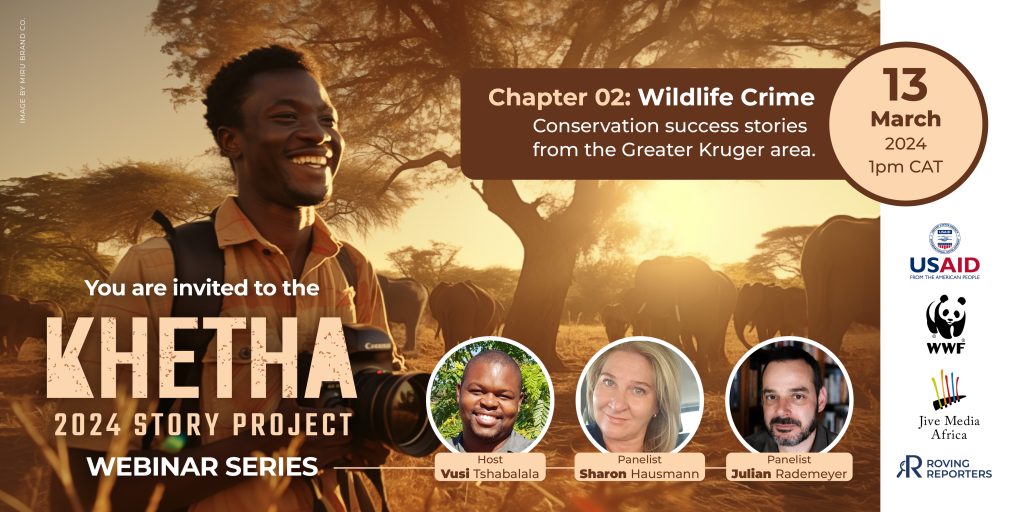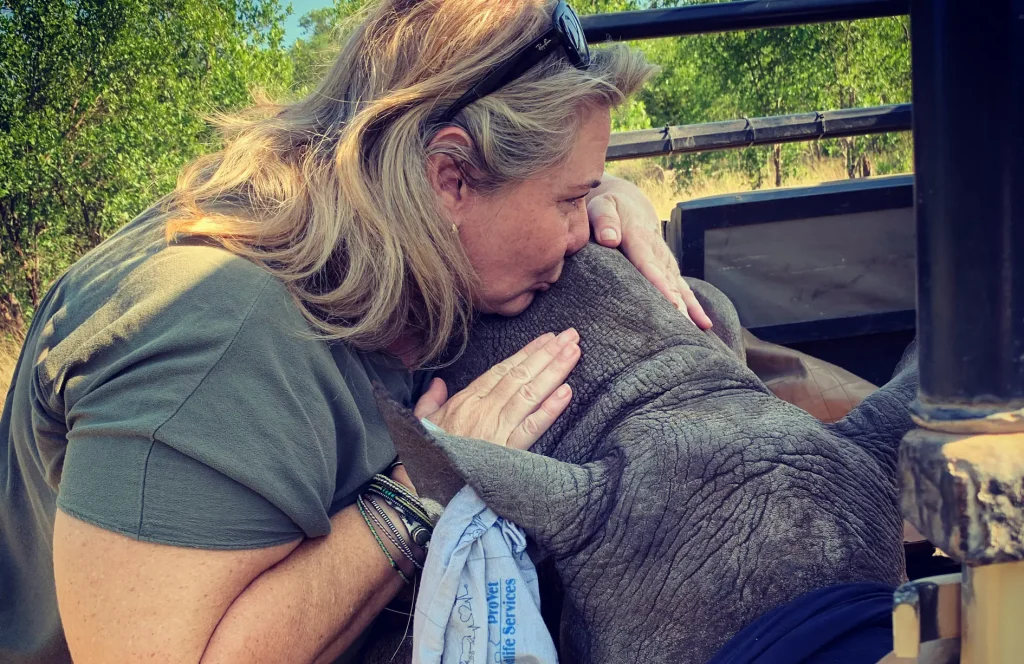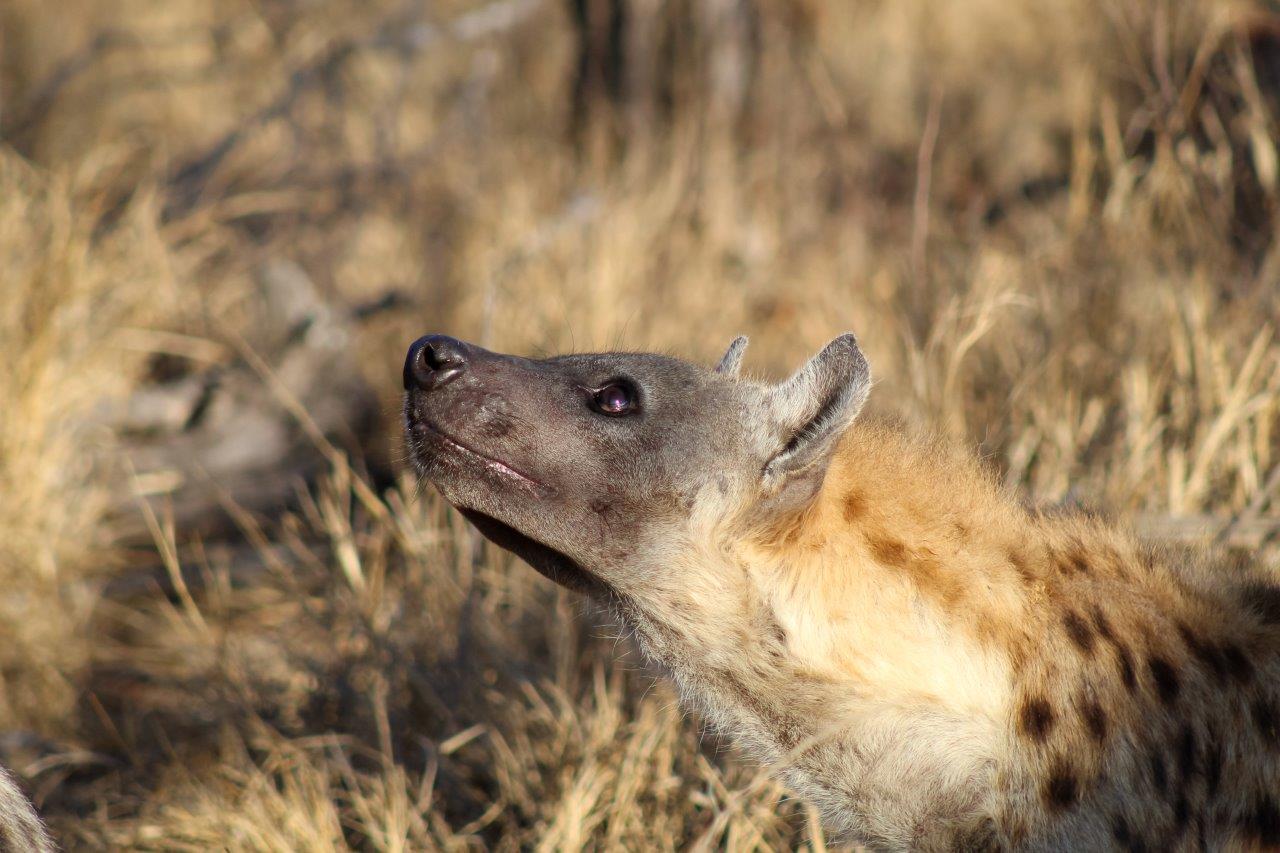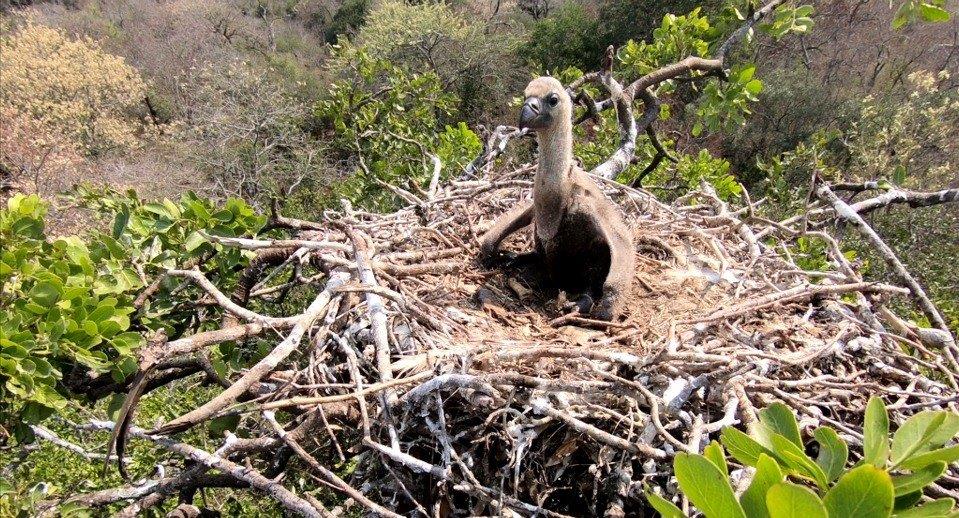Innovative collaborations that help address wildlife crime in the Kruger area are to come under spotlight this week.
By Fred Kockott.
Wildlife crime is complex with no silver bullet as a solution. It’s entangled in the very fabric of our society. But there are conservation success stories that need to be told, especially in the Greater Kruger area.
Could such success stories be replicated elsewhere in South Africa and beyond?
This is the subject of a series of Khetha webinars on wildlife organised by Jive Media Africa with support from the World Wildlife Fund for Nature (WWF) and the United States Agency for International Development (USAID).
The webinar series intends to foster dialogue and seek solutions by bringing together experts and journalists to deepen understanding of the illegal wildlife trade.
Khetha story grants
Khetha 2024 Story Grants ranging from R10,000 – R50,000 are also on offer to journalists who present thought-provoking story proposals that challenge parochial and international perceptions of wildlife trade in the Kruger area. The aim is to spark new narratives about wildlife trade and its broader social context.
In the first Khetha webinar, now dubbed Shades of Grey, seasoned wildlife crime researcher, Julian Rademeyer and conservationist and community relations fundi Vusi Tshabalala stressed, respectively, that corruption, a breakdown of effective governance and a failure to engage properly with people on the ground had contributed to levels high levels of wildlife crime in and around the Kruger National Park.
WWF’s Lara Rall also made the point that the legislation governing the illegal wildlife trade was only as good as the paper it’s written on unless it’s legitimate in the eyes of the people it’s supposed to govern” and provided “enforcement is swift, fair and certain”.

Innovative projects
Now, in the next Khetha webinar, taking place on Wednesday, March 13, from 1pm to 2pm South African time (CAT), Julian Rademeyer will chat to Sharon Haussmann, chief executive of the Greater Kruger Environmental Protection Foundation (GKEPF), about innovative projects and strategies that are having positive impact. GKEPF was established in 2016 to help combat environmental crime in the Greater Kruger area.

In an interview ahead of the webinar, Sharon Haussman said recent conservation successes bear testimony to what co-operation among conservationists can achieve.
Haussmann referred to the recently released national Rhino poaching figures which reported a 37% decrease in Rhino Poaching in the Kruger National Park last year compared with 2022. Over the same period, said Haussman, private reserves bordering the park recorded the lowest rhino poaching levels (nine animals lost) since the crisis began around 2008.
While this is indeed good news, Haussman stressed that there was no time for complacency as criminal syndicates shift their attention to elsewhere in the country.
Grave national situation

She said the situation remained grave nationally, with rhino poaching figures up in 2023 (55 more than 2022, for a total of 499), as poachers increasingly turned to KwaZulu-Natal.
Rademeyer, who has written extensively on the rhino horn trade, agreed.
Rademeyer’s research as a director of the Global Initiative Against Transnational Organised Crime, reveals a strong convergence of the illegal wildlife trade with other forms of organised crime, including illegal mining, cash-in-transit heists and women trafficking.
And the reality is that organised crime will continue to target and exploit vulnerable people on the boundaries of provincial and national parks, said Haussman. “And that’s not conservation’s problem alone,” she added.
Rademeyer also argues that wildlife crime is inextricably connected to a history of dispossession, deep-seated inequality and the effective local governance and social development.

Cohesion and awareness
It is against this backdrop that Wednesday’s webinar assumes significance, particularly in what could be learned from specific strategies that are working in the Kruger area.
This includes a GKEPF programme aimed to build the skills and awareness of prosecutors, and align approaches to prosecute wildlife crime cases.
In early January, the foundation hosted 24 prosecutors and investigating officers from Mpumalanga and Limpopo at a workshop to grow knowledge around investigating and prosecuting wildlife crime.
Rademeyer has commended the initiative stating that convictions for wildlife crimes depend on an in-depth understanding of applicable laws and regulations, and co-operation between all relevant law enforcement agencies.
Outreach
But it’s not just on the law enforcement front that GKEPF is having an impact. For example, the GKEPF have sports projects in the Greater Kruger area, supported by a growing number of partner organisations including the WWF and USAID, that aim to build resilience in local communities and bolster nature conservation efforts.

Last year, four young men who live close to the Kruger National Park’s Orpen gate got an opportunity of a lifetime after being invited to travel to Johannesburg to participate in the trials for one of South Africa’s biggest and best-known soccer club – the Orlando Pirates.
The GKEPF has also expanded its sports programme to include netball, and created a formalised league, donating kit and balls to 20 teams.
Rademeyer said there were valuable lessons to be from these and other outreach activities, as well as the GKEPF’s management strategy.
Integrity management
“As with everything, it comes down to management,” said, Haussmann, reflecting on
how the GKEPF had assisted its member reserves (and the national park itself) achieve an “incredibly cohesive and coordinated response” to wildlife crime.
Haussman said integrity management, ranger morale and wellness were key to addressing endangered wildlife crime, as was efficient maintenance of perimeter fences and access control.
She said it was equally vital for all national and provincial parks and reserves to attend to internal matters, to get their own houses in order.
To learn more about some of the Greater Kruger’s recipes for success, to register for the Wednesday’s Khetha webinar, Good news from the Kruger.
Story grants
To apply for a Khetha 2024 Story Grant, click here. The Khetha editorial team is looking for thought-provoking story proposals that challenge parochial and international perceptions of wildlife trade in the Greater Kruger region. The aim is to spark new narratives about wildlife trade and its broader social context.
“We shall also support story projects on successful conservation initiatives and projects that give voice to people in communities adjacent to the Kruger National Park who have previously been excluded from discussions on wildlife crime and its social impact,” said Jive Media Africa director Robert Inglis. – Additional reporting, Matthew Hattingh and Yves Vanderhaeghen.
For more information about the Khetha 2024 Story Project contact Liryn de Jager at liryn@jivemedia.co.za, cc to fredk@rovingreporters.co.za
About the author
Fred Kockott is the director of Roving Reporters which manages the New Narratives ’24 online training course – a journalism training initiative aligned with the Khetha 2024 Story Project.












